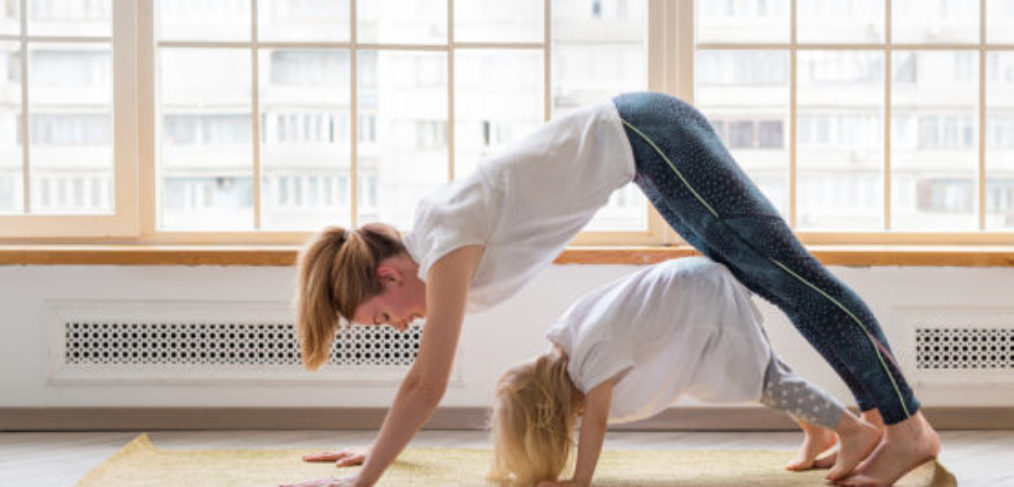Using At-Home Time to Create New Habits

It’s not only adults who may be finding themselves overdoing it on the snacks during quarantine, it turns out emotional eating in children is also on the rise.
A recent article in the NY Times (1) focused on how boredom and stress are two big contributors to emotional eating, and children, just like adults, have a lot of both right now.
In the short term, roughly half the population will eat more in response to stress and the other half will eat less, but with longer, sustained stress, the majority tend to eat more, which explains the emerging COVID 15 phenomenon.
The expert interviewed for the article said, “there is much more research on adults than on children when it comes to emotional overeating, though there is increasing interest in how it develops in children. Some studies suggest that there is a genetic contribution to emotional eating, but that it doesn’t really play a major role until adulthood; emotional eating in childhood seems to be due to the environment, to parental modeling.
Which is precisely why this is such an ideal time for parents to take advantage of the opportunity to make the best choices for themselves and subsequently, for their kids.
Easier said than done, perhaps, but often, it takes a serious wake-up call for us to make sustainable changes, even in those areas of our lives that may have been plaguing us for years.
I’ve found this to be true time and time again in my work in optimal performance coaching.
One client, we’ll call her Kristi, had been morbidly obese for nearly all her life.
She’d tried every diet and every workout plan, but always found herself sabotaging her efforts and ultimately decided she was ‘meant to be fat’. After all, she was a mostly happy person, loved her work as an advertising executive, a husband who loved her dearly and at the time a 5 year old son.
One day when picking up her son from school, he raced into the car and gave her a big hug as he rattled off excitedly all he’d done that day at school.
She listened intently as he carried on, laughing at his tales until he abruptly segued into the question that would prove to change Kristi’s life.
“Mommy”, he asked, “Why are you so much fatter than all the other mommies?”
She was taken aback, to say the least. Speechless… and trying to hold back tears until she could get home and cry in solitude.
I don’t recall what her response was, but suffice it to say it was an epiphany that catapulted her into a complete and utter dedication to create, with guidance and a small team of coaches, a lasting and comprehensive plan to lose the fat, and the courage to work through so many of the layers within that were the root cause of the symptom of having become obese as a child.
Why do I share this here, in this article?
It’s simple.
We can all see this time as a wake-up call, an opportunity to make lasting changes for the better health not just for ourselves and our families, but collectively as a society.
It doesn’t matter if you’re sitting on the couch and there is an array of comfort food in your cabinet or you can’t remember the last time you did something that made you sweat or even the last time you went for a walk.
Start right here, exactly where you are and choose that effective immediately, you are healthy and that you and your family make healthy choices.
Get out and walk with your kids.
Stream an online yoga class in your living room and get your down dog on as a family.
Order a new cookbook that offers fun and innovative ideas to engage the whole family in healthy living.
I’ve had the honor of being a part of other people’s journeys to get their kids to become healthier on the food and exercise front one thing’s for sure: if the parents are not walking the walk, it’s not going to happen.
It’s not easy, undoubtedly, but why not use this time in and of itself as the very wake up call we can all use now and then?
(1) https://www.nytimes.com/2020/05/18/well/family/children-emotional-eating-coronavirus.html




